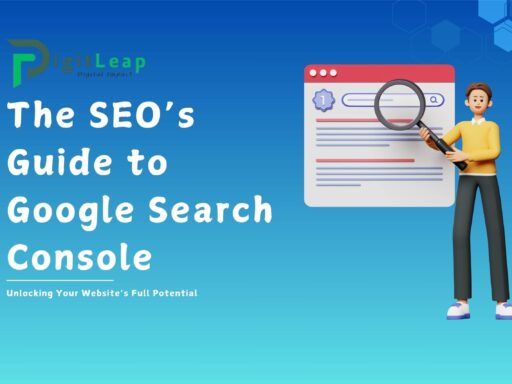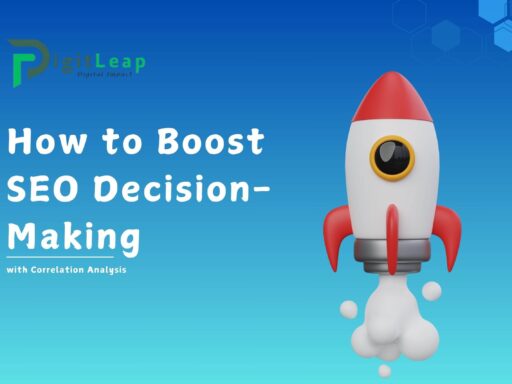How to Win with Generative Engine Optimization While Keeping SEO Top-Tier
The SEO landscape is evolving rapidly with the rise of Generative AI tools such as ChatGPT, Bard, and others that influence how search engines retrieve, process, and present information. As search becomes more conversational and AI-powered answers reshape user expectations, Generative Engine Optimization (GEO) emerges as a new strategy. But here’s the challenge—how do you leverage generative engines without compromising your traditional SEO strategies? This guide will walk you through integrating GEO with SEO to win in this dynamic digital space.
What is Generative Engine Optimization (GEO)?
Generative Engine Optimization (GEO) refers to optimizing content for search engines that incorporate generative AI tools and conversational search queries. Unlike traditional SEO, GEO emphasizes creating dynamic, engaging, and adaptive content that aligns with AI-driven search behavior. This includes focusing on natural language processing (NLP), intent-driven queries, and AI-powered snippets.
In GEO, search engines don’t just retrieve results—they generate summaries, answers, or suggestions, often directly in the search results. Success lies in helping your content surface in these AI-powered responses.
Why GEO Matters: The Impact of AI on Search Behavior
With the adoption of AI-powered search engines like Google’s SGE (Search Generative Experience), the way users interact with search has changed. Here’s why GEO matters:
- Conversational Queries Dominate: Users now frame queries as complete questions or phrases (e.g., “What’s the best way to boost organic traffic this month?”).
- Featured Snippets and Summarized Answers: Search engines generate summary answers directly, reducing clicks to websites but increasing visibility.
- AI-Driven Personalization: Results are tailored to individual users’ preferences, locations, and past behaviors, meaning your content needs to resonate on multiple fronts.
- Voice Search Integration: AI tools fuel voice search queries, demanding content that answers questions directly and succinctly.
How to Integrate GEO with SEO for Maximum Impact
1. Optimize for Conversational Keywords and Queries
Generative engines excel at understanding conversational language, so it’s critical to target long-tail keywords and question-based queries. Focus on terms like:
- “How to create a successful content strategy”
- “Why is technical SEO important in 2024?”
Use tools like AnswerThePublic or Google’s People Also Ask (PAA) section to identify high-value queries your audience is searching for.
2. Create Structured and AI-Friendly Content
AI engines pull structured content more easily into generative answers. To improve your chances of being featured:
- Use headings, bullet points, and tables to make content easily scannable.
- Optimize your meta descriptions and H1 tags to align with AI summaries.
- Include FAQs to address user intent directly, increasing the odds of your content appearing in AI-powered responses.
3. Leverage Schema Markup for Rich Snippets
Structured data through schema markup helps search engines understand the context of your content. Use schema for:
- How-to guides
- Product reviews
- FAQs and knowledge graphs
This ensures your content is primed for rich results and improves the chances of it being referenced by generative AI in answer boxes or featured snippets.
4. Focus on E-E-A-T: Experience, Expertise, Authority, and Trustworthiness
Search engines increasingly value authoritative and trustworthy content. GEO enhances this focus, meaning you must:
- Cite credible sources to back up claims.
- Showcase expertise through author bios and external references.
- Publish fresh content regularly to stay relevant.
Google’s Helpful Content System plays a significant role in identifying whether AI-generated answers reference your website, so staying on top of quality is non-negotiable.
5. Enhance Page Experience and Core Web Vitals
AI-powered search still prioritizes user experience. Ensure your website scores well on Core Web Vitals by improving:
- Page load speed
- Mobile usability
- Interactivity and visual stability
If your content is optimized for fast loading and smooth navigation, it stands a better chance of being ranked higher and referenced by generative engines.
6. Incorporate Multimedia Content
Generative engines prefer diverse content types, so enrich your web pages with:
- Infographics
- Videos
- Podcasts and audio snippets
Multimedia enhances engagement, improves dwell time, and increases the likelihood of AI-powered tools referencing your site in search results.
7. Use AI-Generated Content Wisely
Many marketers use AI tools like ChatGPT to generate content, but it’s essential to edit and humanize AI-generated text. Search engines prioritize authenticity and originality, so ensure all AI-generated material is reviewed for accuracy and relevance before publication.
8. Monitor AI-Driven Analytics
Use tools like Google Search Console and GA4 to track performance in AI-enhanced search environments. Identify:
- Which queries are driving traffic from AI-powered search engines
- How often your site appears in featured snippets
- Engagement metrics on AI-referenced content
This data helps you refine your strategy and identify new optimization opportunities.
9. Balance GEO with Link Building and Traditional SEO Practices
Even though GEO focuses on AI-generated results, traditional SEO strategies remain essential. Ensure you still:
- Build high-quality backlinks to improve domain authority.
- Use internal linking to enhance site navigation.
- Optimize meta tags and URLs for SEO best practices.
By balancing GEO and classic SEO efforts, you’ll maximize visibility across both AI-driven search results and organic SERPs.
10. Experiment with AI Chatbots and Conversational Content
Integrate AI chatbots on your website to replicate the conversational experience users get from generative engines. Additionally, create content that mimics conversational tone and matches search intent more closely, helping you rank for conversational queries.
Winning the Future: GEO + SEO = Success
Incorporating Generative Engine Optimization (GEO) with your existing SEO strategy is essential to stay ahead in the evolving digital landscape. As AI-powered search tools become mainstream, understanding how to align content with conversational search queries, intent-based results, and real-time AI responses will ensure long-term success.
By focusing on structured content, E-E-A-T, and Core Web Vitals while integrating GEO, you’ll create an adaptive SEO strategy that ensures your content thrives in both traditional search results and AI-generated answers.
With the perfect blend of GEO and SEO, you’ll be ready to dominate the search landscape and maintain top-tier performance in the future of digital marketing.






